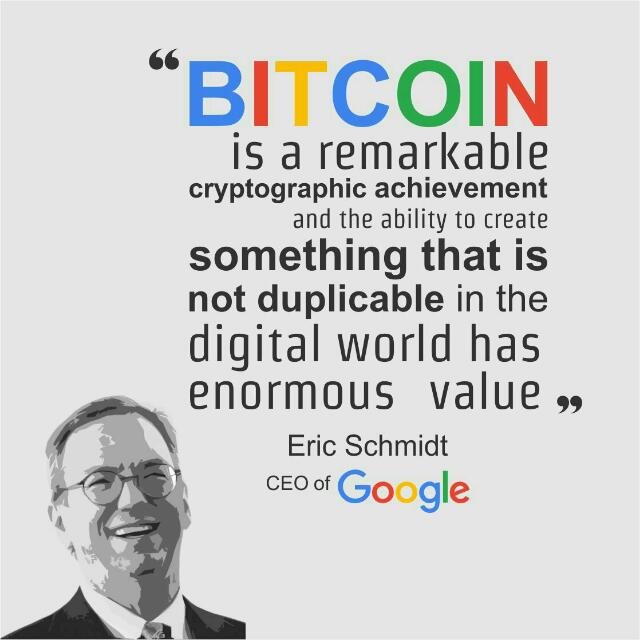Blockchain is the digital ledger where all transactions involving a virtual currency are stored. If you buy bitcoin, sell bitcoin, use your bitcoin to buy a Subway sandwich, and so on, it'll be recorded, in an encrypted fashion, in this digital ledger. The same goes for other cryptocurrencies.
Think of blockchain technology as the infrastructure that underlies virtual coins. It's the foundation of your home, while the tethered virtual coin represents all the products built on top of that foundation.
Blockchain offers a number of potential advantages, but is designed to cure three major problems with the current money transmittance system.
first, blockchain technology is decentralized. In simple terms, this just means there isn't a data center where all transaction data is stored. Instead, data from this digital ledger is stored on hard drives and servers all over the globe. The reason this is done is twofold: 1.) it ensures that no one person or company will have central authority over a virtual currency, and 2.) it acts as a safeguard against cyberattacks, such that criminals aren't able to gain control of a cryptocurrency and exploit its holders.
Secondly, as noted, there's no middleman with blockchain technology. Since no third-party bank is needed to oversee these transactions, the thought is that transaction fees might be lower than they currently are.
Finally, transactions on blockchain networks may have the opportunity to settle considerably faster than traditional networks. Let's remember that banks have pretty rigid working hours, and they're closed at least one or two days a week. And, as noted, cross-border transactions can be held for days while funds are verified. With blockchain, this verification of transactions is always ongoing, which means the opportunity to settle transactions much more quickly, or perhaps even instantly.
You might be wondering how these blockchain transactions are verified. After all, there are logistics involved, such as making sure that the same virtual coin isn't being spent twice. Often this verification falls onto a group of folks known as "miners."
Cryptocurrency miners are nothing more than people with high-powered computers who are competing against other people with high-powered computers to solve complex math equations. These equations are a product of the encryption designed to protect transaction data on the digital ledger.
The first miner to solve these equations, and in the process verify transactions on the ledger, gets a reward, which is known as a "block reward." This reward is paid out in virtual coins, and is an example of how bitcoin transactions are verified. This process is referred to as "proof of work."
The only other major verification process in place is known as "proof of stake." Instead of having people use tons of resources trying to solve complex equations to verify transactions, the proof of stake model chooses who gets to verify the next block of transactions based on their ownership in a virtual currency. In essence, the more you own, the better chance you have of getting to verify transactions. With proof of stake, there is no competition among your peers and no excessive energy usage while solving complex equations, which can make it much more cost-effective.
The proof of stake model also rewards those folks who verify transactions differently. Instead of being paid in virtual coins, the stakeholder earns the transaction fees tied to that block of transactions.
The interesting thing is that blockchain has the opportunity to be public or private. As you might imagine, a private blockchain would appeal most to businesses, while public blockchains are most appealing to consumers who might want to use their virtual currency to buy goods or services, or to cryptocurrency investors.
A private blockchain, just as it sounds, allows a business to place restrictions on who has access to data, and who can make transactions on the network. Meanwhile, public blockchains allow anyone to join and participate. Bitcoin is an example of a public blockchain.
The answer to this is, "it depends." Most cryptocurrencies aren't as anonymous as you'd think. Sure, you don't have to supply your Social Security number or bank account to begin trading or investing in cryptocurrencies, but any transaction you make is still going to be recorded in the underlying digital ledger.
Referrence: USA today4/1/2018

Hi! I am a robot. I just upvoted you! I found similar content that readers might be interested in:
http://www.cetusnews.com/business/Cryptocurrencies-Explained--in-Plain-English.BJxGo1ztQM.html
Congratulations @nwaghor4u! You received a personal award!
Click here to view your Board of Honor
Do not miss the last post from @steemitboard:
Congratulations @nwaghor4u! You received a personal award!
You can view your badges on your Steem Board and compare to others on the Steem Ranking
Vote for @Steemitboard as a witness to get one more award and increased upvotes!